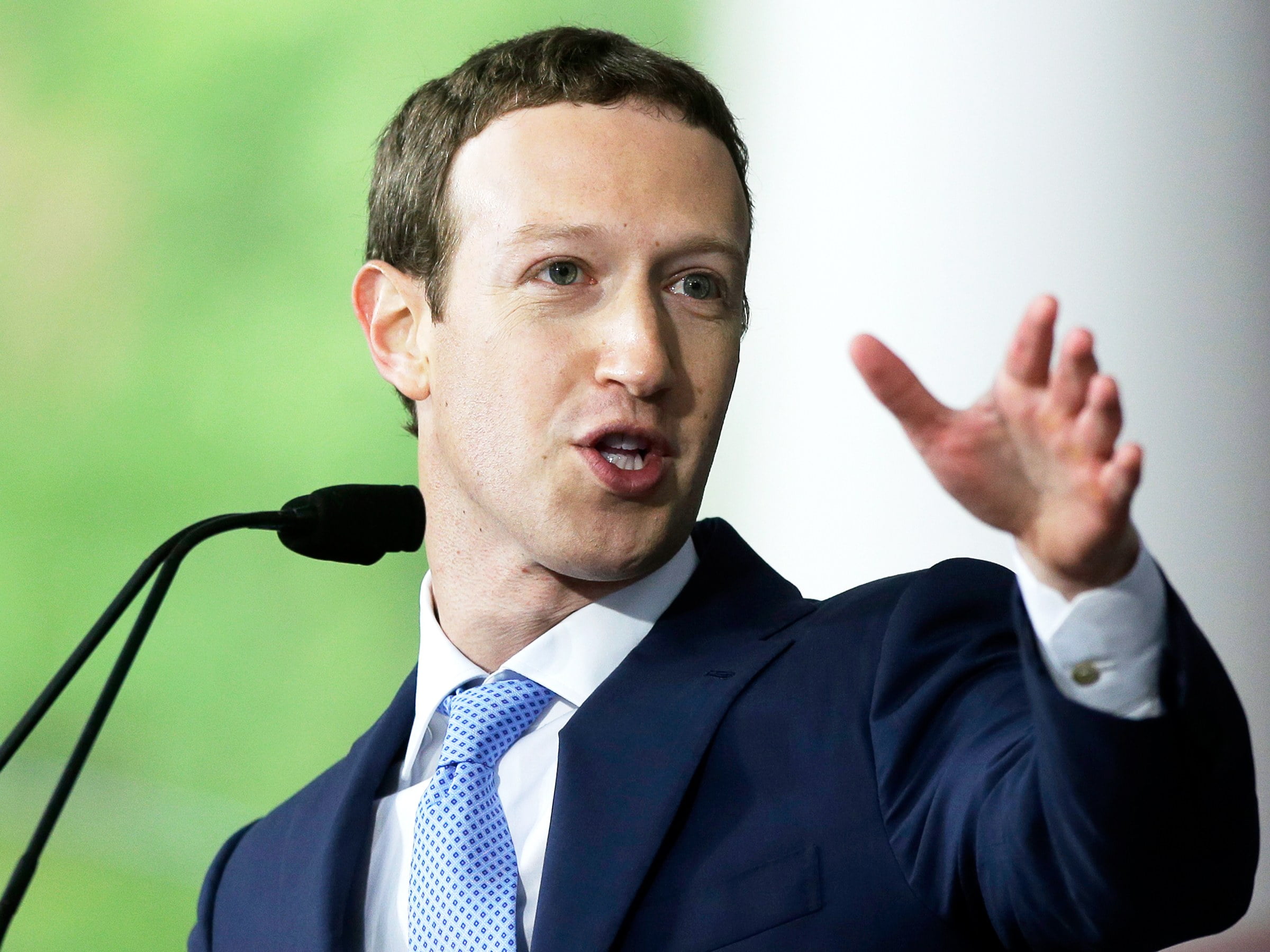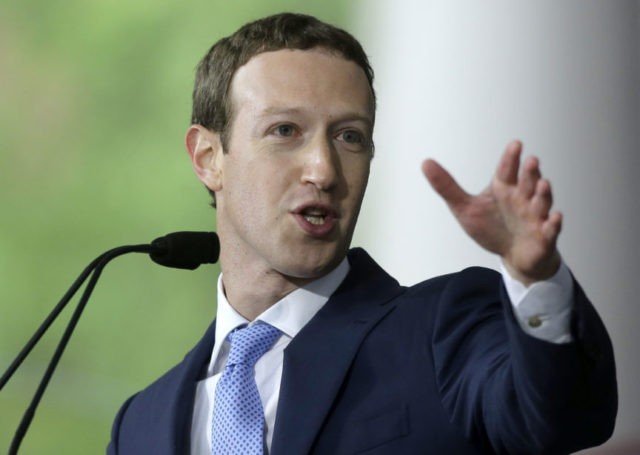
Via Variety
Facebook has admitted it overstated video-viewing metrics over an 18-month period from 2015-16 — and was promptly hit with lawsuits from advertisers claiming they overpaid for video ads based on the inflated data.
Now the social-media giant agreed to settle a class-action lawsuit under which it will fork over $40 million to advertisers claiming they overpaid for Facebook ads because of the inaccurate data, even though Facebook has continued to claim the lawsuit was “without merit.”
This proposed class-action lawsuit began in October 2016, when two overlapping lawsuits were filed against Facebook.
Those were subsequently consolidated and combined with other complaints. Attorneys representing the plaintiffs said they plan to file a motion requesting that they receive of 30% of the settlement fund ($12 million) as well as reimbursement of their approximately $730,000 in expenses incurred during the three-year period litigating the case.
According to attorneys for the plaintiffs, the settlement provides up to 40% of the estimated $100 million affected advertisers “may realistically have been able to recover” had they won the case in court.
At the core of the dispute was Facebook’s method used to calculate video viewing time. The company long had a policy to not count video views that lasted less than 3 seconds. However, by discarding shorter video views, the company also arrived at higher average watch times — and the lawsuit alleged that this allowed the company to inflate average watch metrics by up to 900%. Facebook in 2016 said it changed the average watch-time metric methodology to include all videos.
While the overestimated figures didn’t directly affect how much advertisers paid for video ads, advertisers argued that the inflated numbers led them to believe those were performing better than they actually were. “Plaintiffs allege the metrics indirectly impacted billing, since (all else being equal) advertisers are likely to pay more for video ads that are being watched longer,” according to the proposed settlement.
Parties eligible to participate in the class settlement include all U.S. advertisers who purchased video ads on Facebook-owned platforms from Feb. 12, 2015, to Sept. 23, 2016.
The motion for the court to approve the settlement was filed Oct. 4 in the U.S. District Court for the Northern District of California in Oakland.

















































